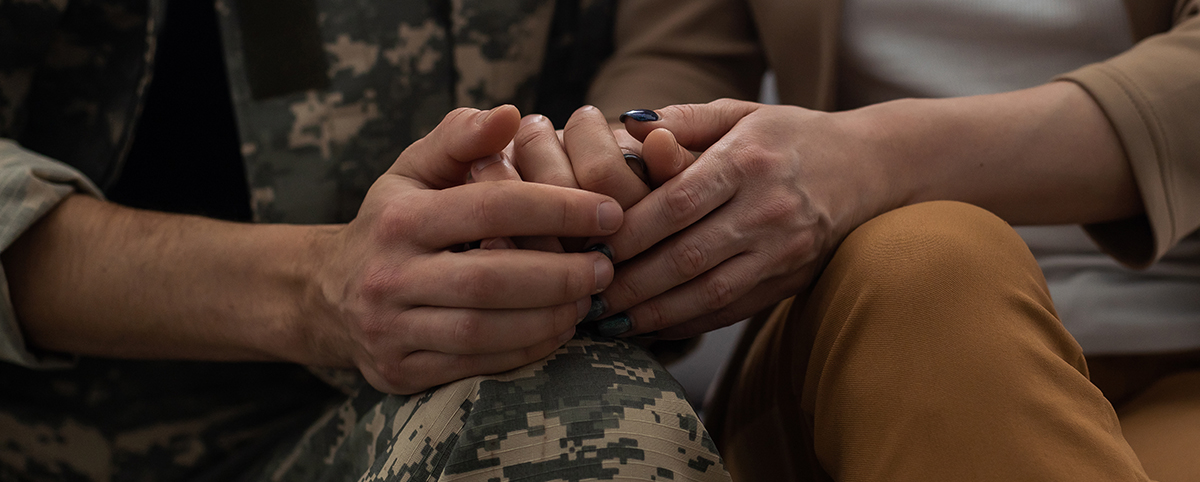
Veterans Rehab
Post Traumatic Stress and Pain
What is Post Traumatic Stress Disorder?
Post-Traumatic Stress Disorder (PTSD) most often occurs after an experience that is, or is perceived to be, threatening to the person. Individuals will relive the experience, have intense fear or helplessness, and feel like they are on alert or find themselves avoiding certain situations for a period of time. Most often a PTSD diagnosis occurs with military personnel, first responders, motor vehicle accidents, and individuals who’ve experienced sexual assaults.
How can Physiotherapy Help with PTSD?
Musculoskeletal pain is very common in individuals who are experiencing PTSD symptoms. It has been cited that up to 77% of military personnel diagnosed with PTSD have chronic low back pain (1).
Physiotherapy can help in a variety of ways. A multidisciplinary team is key for success if you’re experiencing pain and have a PTSD diagnosis The first item would be to ensure we are working with your other healthcare providers, including your Doctor and Psychologist.

Your appointment is completely dedicated to you in a private treatment room. Our Physiotherapists will take time to educate you on how various factors in your life, including life experience, can contribute to your current pain experience. It is important to know when we are experiencing stress, our muscles become more tense. If tension remains over prolonged periods, this may reduce mobility and blood flow to areas that may become painful. Finding ways to reduce overall stress and how our bodies respond can be a key factor in your recovery.
Depending on your individual comfort level, we can take a variety of approaches to help. This may include a combination of the following:
Hands Off Techniques
- This includes coaching you to perform various calming exercises to reduce tension
- Pain Education
- Supervised Strength Training with your Physiotherapist
Hands-On Techniques
- Using various gentle mobility and mobilization techniques to reduce tension.
- If these approaches are found helpful, Massage Therapy and/or Osteopathy may be recommended
You and Your Physiotherapist will then come up with a home mobility routine that works for you. These exercises, which are often calming, can help you teach your tissues to relax. (Click HERE for an example). To help you further, you and your Physiotherapist can create a strength training routine to help manage PTSD symptoms and pain.
Read about our physiotherapists here.
To book an appointment, just give us a call at (902) 425-3775 or take a look at our booking calendar and find a time that works best for you.